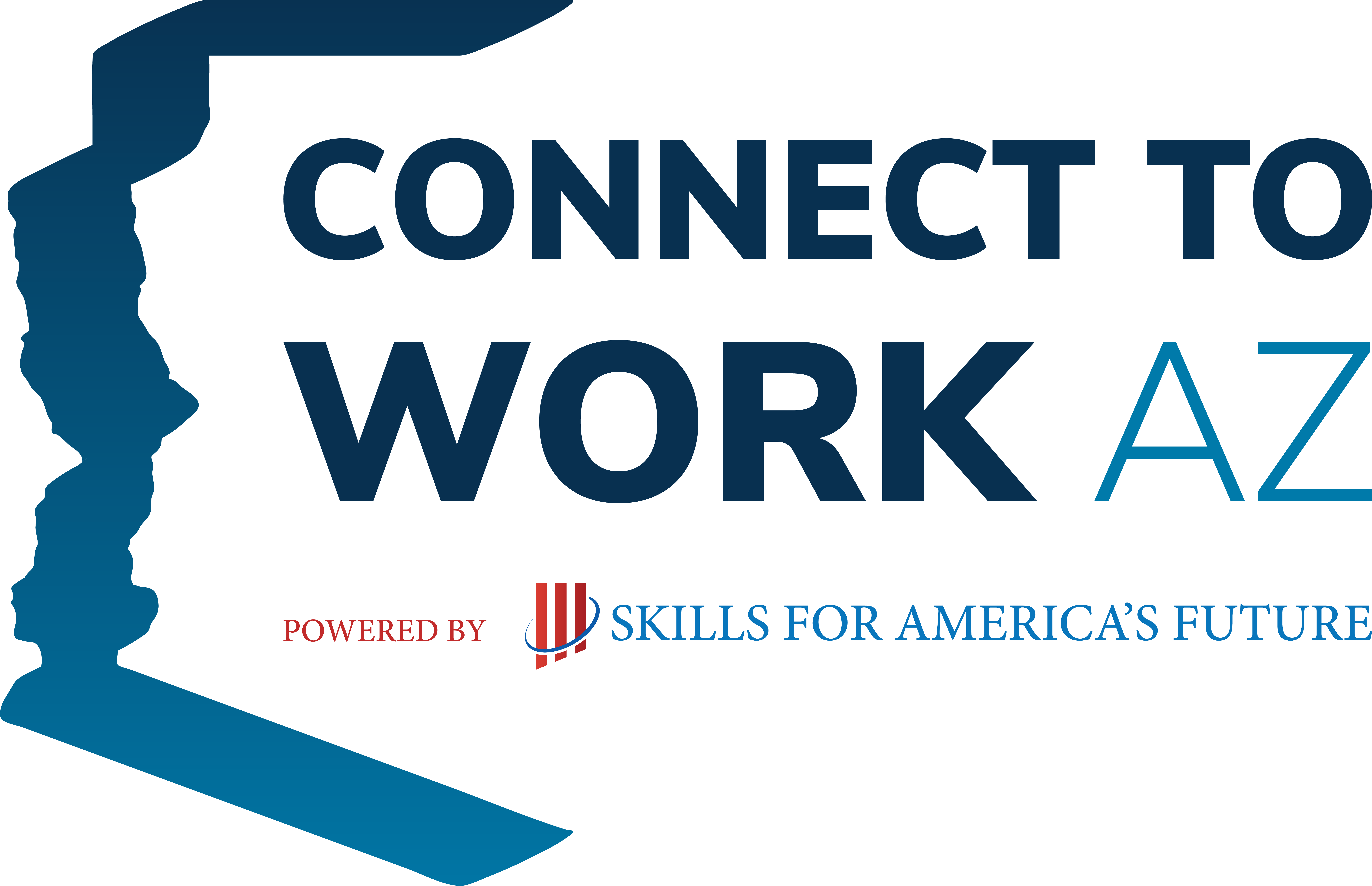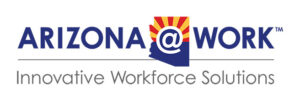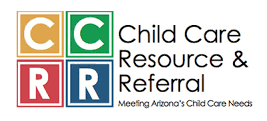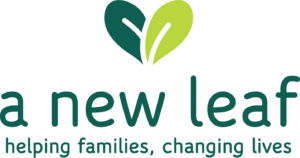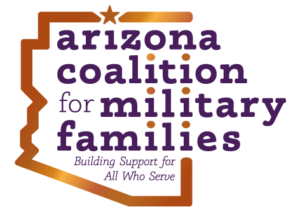Resource Library
13 Common Interview Questions and Tips
Can you tell me a little about yourself?
This question seems simple, so many people fail to prepare for it, but it’s crucial. Here’s the deal: Don’t give your complete employment (or personal) history. Instead, give a pitch—one that’s concise and compelling and that shows exactly why you’re the right fit for the job. Start off with 2-3 specific accomplishments or experiences that you most want the interviewer to know about, then wrap up talking about how that prior experience makes you a good fit for this specific role.
Why do you want this job?
Again, companies want to hire people who are passionate about the job, so you should have a great answer about why you want the position. First, identify a couple of key factors that make the role a great fit for you (e.g., “I love customer support because I love the constant human interaction and the satisfaction that comes from helping someone solve a problem”), then share why you love the company (e.g., “I’ve always been passionate about education and I think you guys are doing great things, so I want to be a part of it”).
Why should we hire you?
This interview question seems forward (not to mention intimidating!), but if you’re asked it, you’re in luck: There’s no better setup for you to sell yourself and your skills to the hiring manager. Your job here is to craft an answer that covers three things: that you can not only do the work, but you can also deliver great results; that you’ll really fit in with the team and culture; and that you’d be a better hire than any of the other candidates.
What are your greatest professional strengths?
We recommend being accurate (share your true strengths, not those you think the interviewer wants to hear); relevant (choose your strengths that are most targeted to this particular position); and specific (for example, instead of “people skills,” choose “persuasive communication” or “relationship building”). Then, follow up with an example of how you’ve demonstrated these traits in a professional setting.
What do you consider to be your weaknesses?
What your interviewer is really trying to do with this question is to gauge your self-awareness and honesty. So, “I can’t meet a deadline to save my life” is not an option—but neither is “Nothing! I’m perfect!” Strike a balance by thinking of something you struggle with but are working to improve. For example, maybe you’ve never been strong at public speaking, but you’ve recently volunteered to run meetings to help you be more comfortable when addressing a crowd.
What is your greatest professional achievement?
Nothing says “hire me” better than a track record of achieving amazing results in past jobs, so don’t be shy when answering this interview question! A great way to do so is by using the S-T-A-R method: Set up the situation and the task that you were required to complete to provide the interviewer with background context (e.g., “In my last job as a junior analyst, it was my role to manage the invoicing process”), but spend the bulk of your time describing what you actually did (the action) and what you achieved (the result).
Where do you see yourself in five years?
If asked this question, be honest and specific about your future goals, but consider this: A hiring manager wants to know a) if you’ve set realistic expectations for your career, b) if you have ambition (a.k.a., this interview isn’t the first time you’re considering the question), and c) if the position aligns with your goals and growth. Your best bet is to think realistically about where this position could take you and answer along those lines. And if the position isn’t necessarily a one-way ticket to your aspirations? It’s OK to say that you’re not quite sure what the future holds, but that you see this experience playing an important role in helping you make that decision.
What are you looking for in a new position?
Hint: Ideally the same things that this position has to offer. Be specific.
What type of work environment do you prefer?
Hint: Ideally one that’s similar to the environment of the company you’re applying to. Be specific.
How would your boss and co-workers describe you?
First of all, be honest (remember, if you get this job, the hiring manager will be calling your former bosses and co- workers!). Then, try to pull out strengths and traits you haven’t discussed in other aspects of the interview, such as your strong work ethic or your willingness to pitch in on other projects when needed.
Why was there a gap in your employment?
If you were unemployed for a period of time, be direct and to the point about what you’ve been up to (and hopefully, that’s volunteering and other activities, like blogging or taking classes). Then, steer the conversation toward how you will do the job and contribute to the organization: “I decided to take a break at the time, but today I’m ready to contribute to this organization in the following ways.”
How do you deal with pressure or stressful situations?
Choose an answer that shows that you can meet a stressful situation head-on in a productive, positive manner and let nothing stop you from accomplishing your goals. A great approach is to talk through your go-to stress-reduction tactics (making the world’s greatest to-do list, stopping to take 10 deep breaths), and then share an example of a stressful situation you navigated with ease.
Do you have any questions for us?
You probably already know that an interview isn’t just a chance for a hiring manager to grill you—it’s your opportunity to sniff out whether a job is the right fit for you. What do you want to know about the position? The company? The department? The team? You’ll cover a lot of this in the actual interview, so have a few less-common questions ready to go. We especially like questions targeted at the interviewer (“What’s your favorite part about working here?”) or the company’s growth (“What can you tell me about your new products or plans for growth?”).
Tips
- Be Specific – Whatever answer you give, be specific. Itemize what you did, how you did it, and how your actions ultimately profited your team and your employer.
- Be Positive – Do not speak negatively about any past employer or past co-worker. Keep your answers positive.
- Be Prepared – Skim through your resume and plan to talk about some special situations you have dealt with or projects you have worked on. You can use them in your responses.
Behavioral Based Interviewing
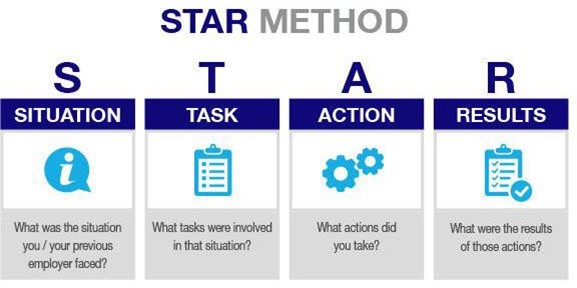
What is the S.T.A.R Method?
The STAR technique is a useful strategy for responding to interview questions that require specific examples. It’s an excellent way to organize your thoughts.
There are four steps to answering using this technique:
(S) Situation. Describe the situation in which the event took place.
(T) Task. Describe the task you were asked to complete. If there was a particular problem or issue you were trying to solve, describe that here.
(A) Action. Explain what action you took to complete the task or solve the problem.
(R) Results. Explain the result of your actions. For example, if your actions resulted in completing a task, resolving a conflict, improving your company’s sales record, etc., explain this. Try to focus on how your actions resulted in success for the company.
Professional & Workforce Development
Connect with Us to Connect to Jobs
Looking for a job, but not finding the right role?
Submit your information and we’ll contact you when new job listings come up that match your interests, qualifications, and experience.
